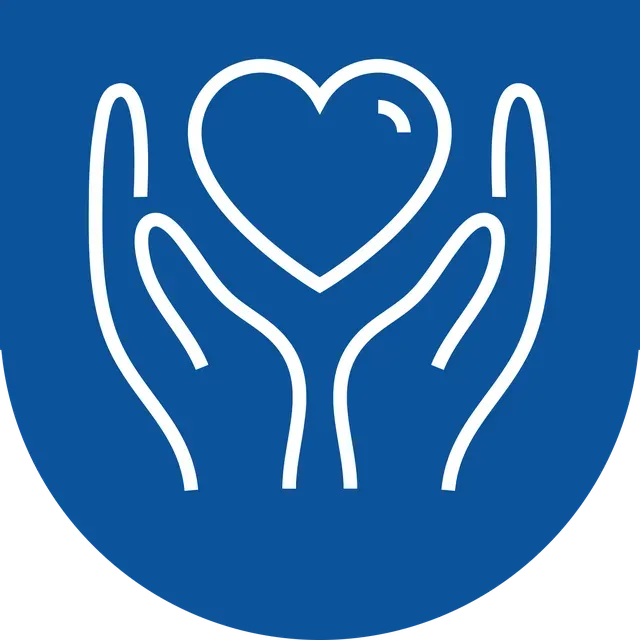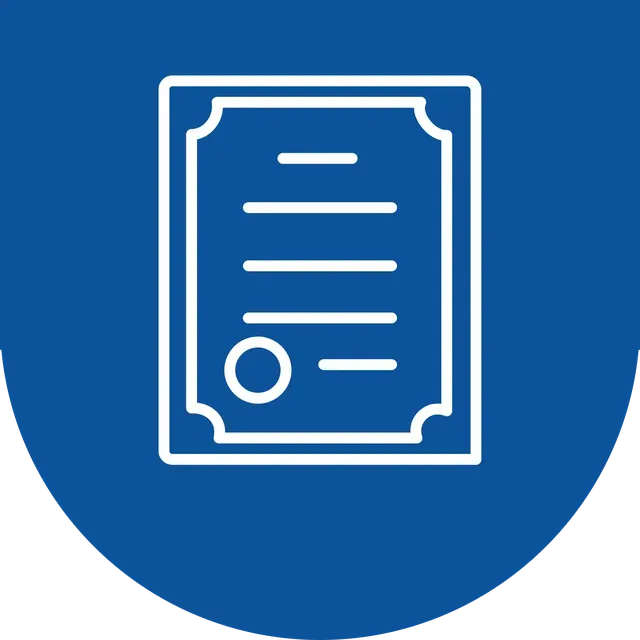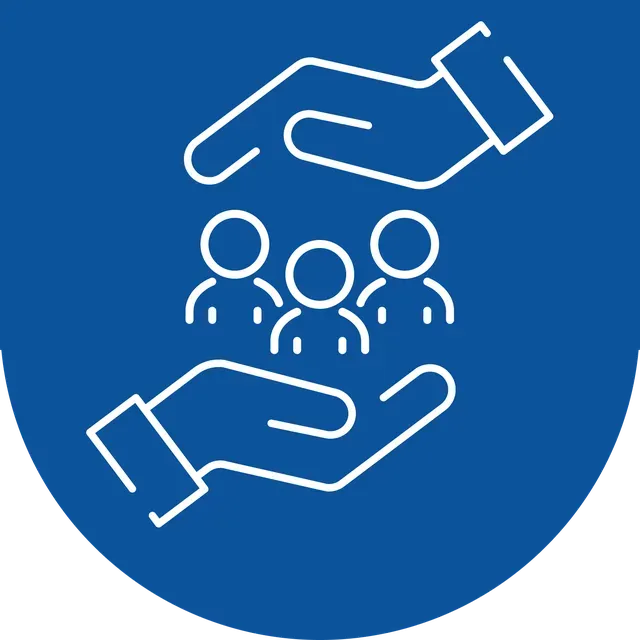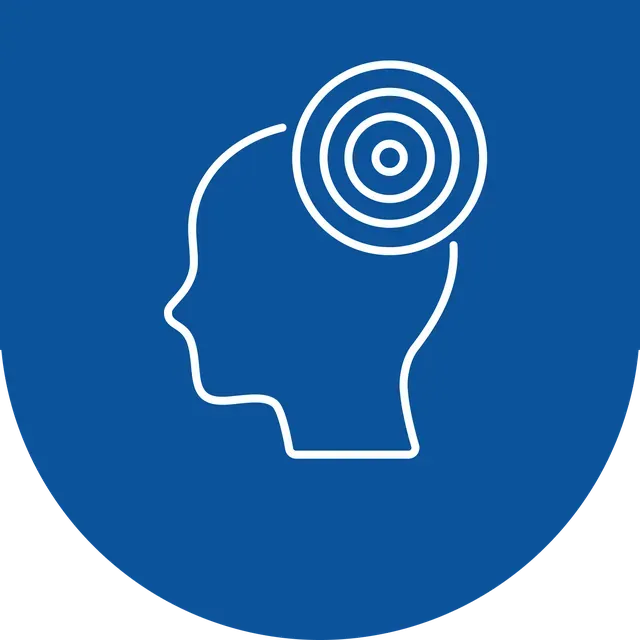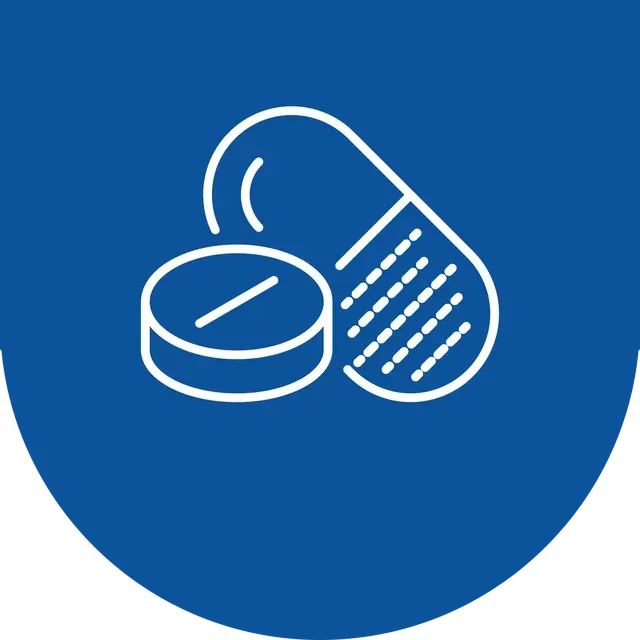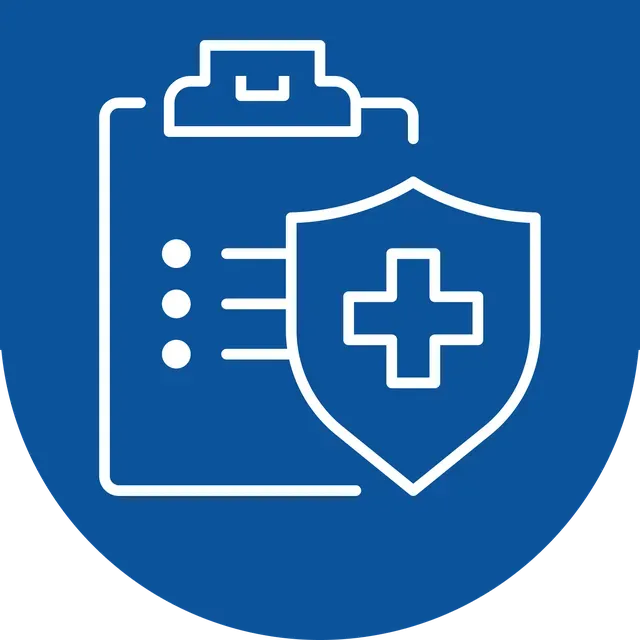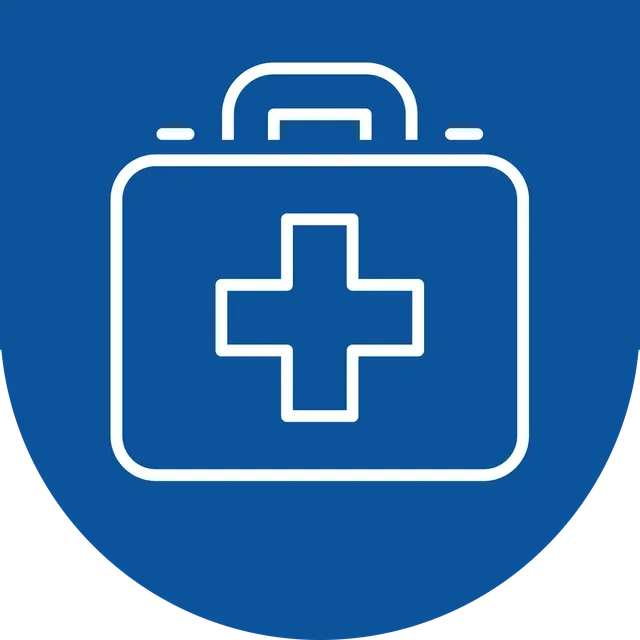ADHD
ADHD SERVICES OFFERED IN ORLANDO, FL
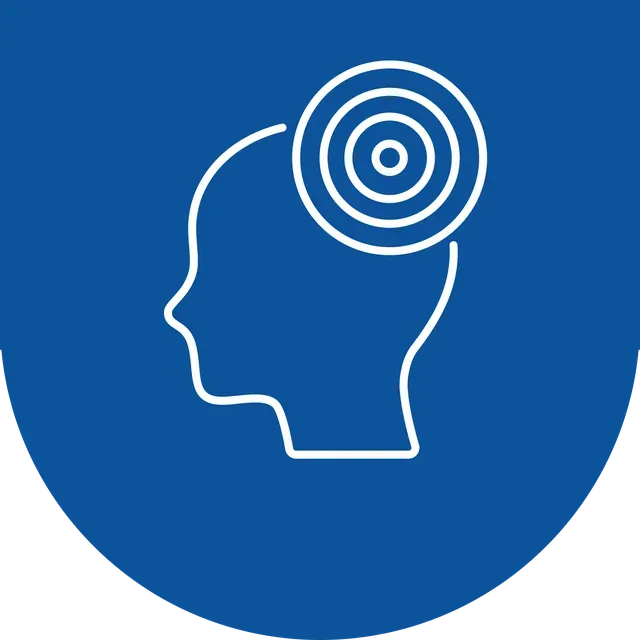
When it comes to ADHD, everyone is different and deserves highly individualized medical care and support. At Family and Internal Medicine Center in Orlando, Florida, Tahira Qureshi, FNP-C, PMHNP-BC, MBBS, MSN, MBA, APRN, provides successful treatment methods for ADHD. Improve your mental health and general wellness with quality support from compassionate providers. Call the office or request an appointment online today.
ADHD Q & A
What is ADHD?
ADHD (attention-deficit/hyperactivity disorder) is a mood or brain disorder that affects focus, self-control, and other important life skills.
The mental health disorder usually involves an ongoing pattern of impulsivity, hyperactivity, and inattention that gets in the way of normal functioning and daily life. ADHD is more common in children and teens but can happen at any age.
What are the symptoms of ADHD?
ADHD affects people in different ways. You might act impulsive or become fidgety and easily distracted.
Some of the symptoms of ADHD are:
- Daydreaming
- Careless mistakes and unnecessary risk-taking
- Forgetfulness
- Excessive talking
Some people with ADHD might have trouble with certain functions and skills, such as:
- Managing emotions
- Flexible thinking
- Memory
- Planning, organization, and preparation
You might also have trouble following instructions or conversations, finishing a task, resisting temptation, and paying attention to details.
What causes ADHD?
It isn’t clear what causes ADHD, but the condition has been associated with differences in brain anatomy. ADHD tends to run in families, and you’re more likely to develop ADHD if you have a family history of the mood disorder.
Like other mental health disorders, various factors might play a role in the development of ADHD, such as:
- Brain injuries
- Premature delivery
- Genetics
- Tobacco smoking, alcohol use, or drug use during pregnancy
- Low birth weight
- Environmental toxin exposure in utero
Exposure to environmental toxins at a young age, such as high lead levels, might also be involved with ADHD.
How is ADHD treated?
Following a comprehensive evaluation, your Family and Internal Medicine Center provider creates a customized treatment plan to decide the best course of action to manage your ADHD.
After obtaining a clear picture of your mental health, your provider might suggest the following:
- Medications, such as anti-inflammatories or anti-depressants
- Psychotherapy referral (talk therapy), including cognitive behavioral therapy
- Lifestyle changes, including optimal nutrition, regular exercise, and outdoor activities
- Stress management and wellness techniques, such as yoga and meditation
- Education and training about ADHD management and coping strategies
- Physical therapy referral
It’s also a good idea to get organized, create a routine, and manage distractions. You should make sure you’re getting enough good quality sleep and give yourself clear and realistic goals in your daily life. Try to create a positive environment that promotes a healthy and happy mind.
If you’re interested in learning more about ADHD and seeking quality and empathic support, visit Family and Internal Medicine Center and book online or over the phone today.

